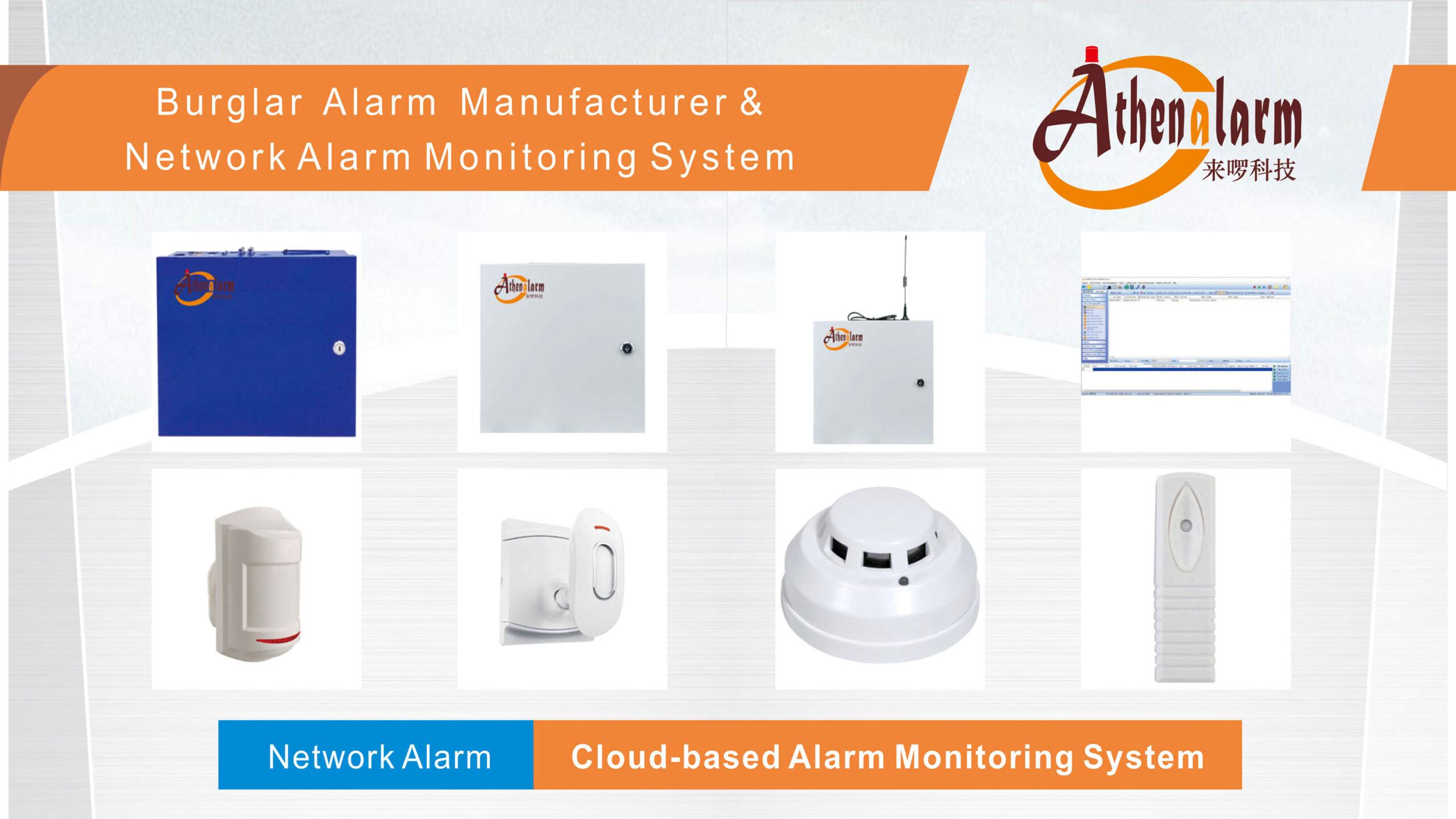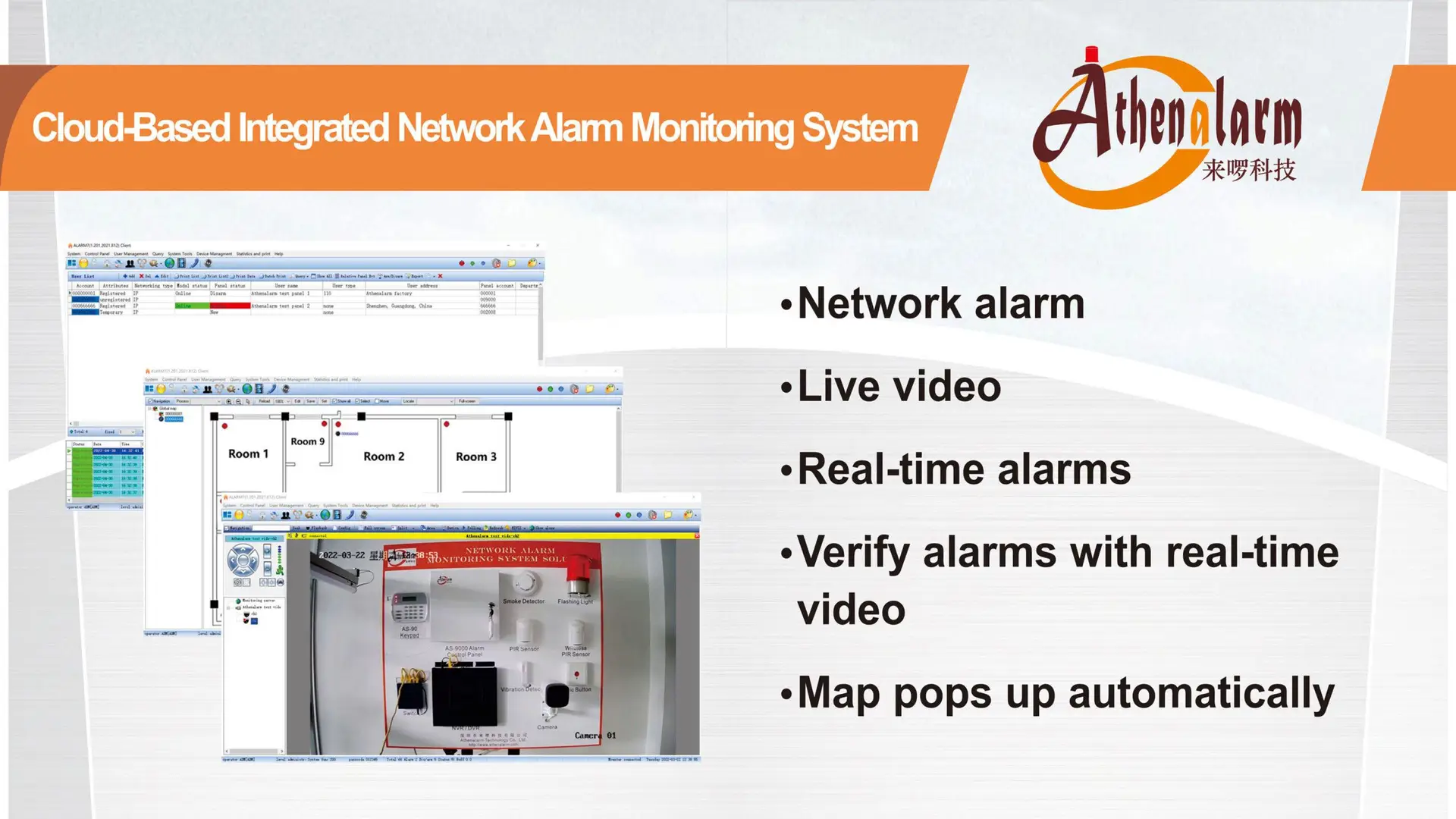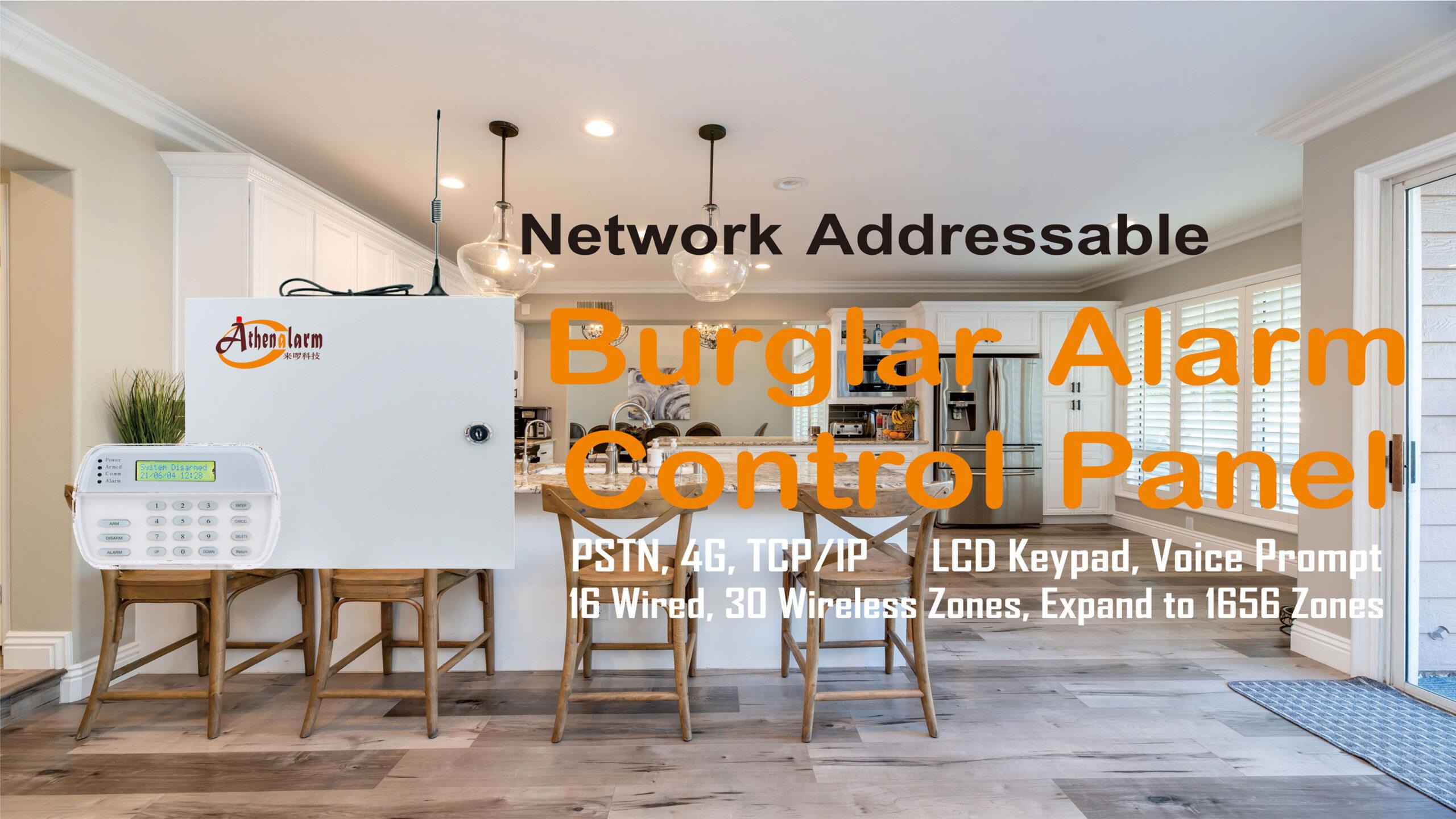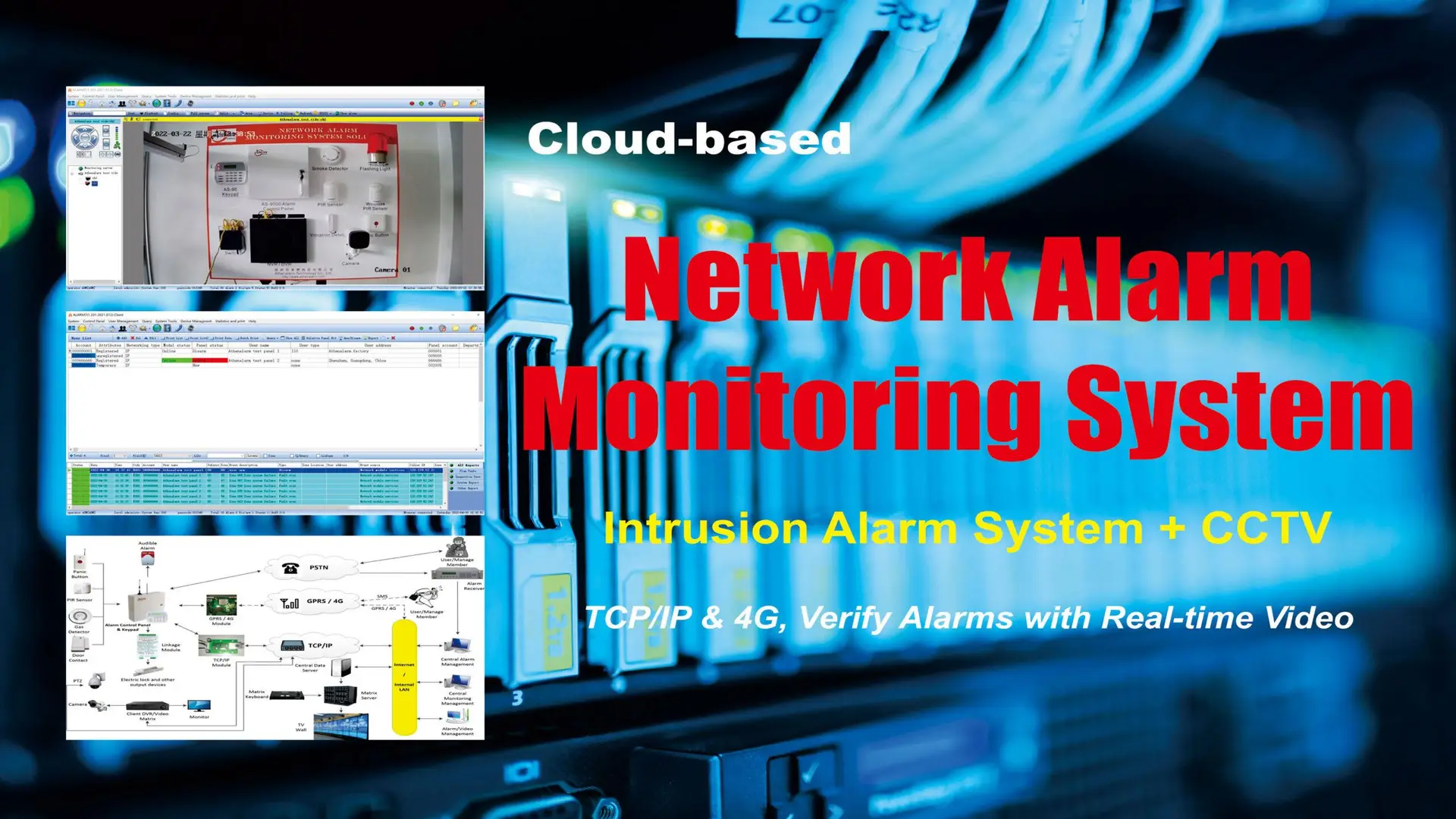



How to Choose Burglar Alarm Suppliers: A Strategic Guide for B2B Buyers
Selecting the right burglar alarm supplier is a crucial decision for businesses looking to strengthen their security infrastructure. Whether you’re a security system distributor, a corporate procurement officer, or a facility manager, the reliability, scalability, and technological capabilities of your chosen supplier will directly impact the effectiveness of your security solutions.
This guide provides a detailed, structured approach to evaluating and selecting the best burglar alarm supplier for your business needs.
1. Evaluating Supplier Credibility and Industry Reputation
Before committing to a supplier, thoroughly assess their market standing and credibility by considering:
- Years in Business – Established suppliers with a long operational history are more likely to offer proven, high-quality solutions and dependable after-sales support.
- Certifications & Compliance – Verify compliance with global security standards such as UL (Underwriters Laboratories), CE (Conformité Européenne), and ISO certifications, ensuring product safety and regulatory adherence.
- Client Portfolio – A supplier serving well-known security integrators, government institutions, and major enterprises demonstrates trustworthiness and expertise.
- Customer Reviews & Case Studies – Check online testimonials, case studies, and direct references to gauge real-world product performance and reliability.
2. Assessing Product Quality and Technological Capabilities
A burglar alarm system must be accurate, durable, and equipped with advanced technology. When evaluating a supplier, analyze their product offerings based on:
- High-Precision Sensors – Ensure systems use AI-enhanced motion detection, environmental calibration, and false alarm reduction technology.
- Multi-Channel Connectivity – Look for PSTN, GSM/4G, Wi-Fi, and IP-based communication options for real-time alerts and enhanced monitoring.
- Scalability & System Expansion – A robust supplier should offer modular alarm solutions that scale from small businesses to large enterprises.
- Seamless Integration – Burglar alarms should be compatible with CCTV, access control, and smart security platforms for holistic protection.
- Battery Backup & Power Stability – Systems must feature uninterrupted operation mechanisms, such as failover protection and power surge resistance.
3. Ensuring Supply Chain Reliability and Manufacturing Strength
For B2B buyers, the supplier’s production and supply chain capabilities directly impact order fulfillment and long-term partnerships. Key factors to evaluate:
- Manufacturing Standards – Suppliers with in-house production or collaborations with leading manufacturers ensure consistent quality control.
- Production Capacity – Assess whether the supplier can meet large-scale procurement demands without delays.
- Inventory & Stock Management – A well-organized supplier prevents shortages and ensures timely replenishment.
- Global Logistics & Secure Shipping – Verify partnerships with reliable logistics providers to prevent transit damage and delays.
4. Examining After-Sales Support and Technical Assistance
Strong after-sales support is a key indicator of a professional supplier. Consider:
- Warranty Coverage – Ensure comprehensive warranties that cover hardware defects and malfunctions.
- Technical Support Availability – Opt for suppliers with 24/7 customer assistance, remote troubleshooting, and firmware update services.
- Training & Documentation – Ensure they provide detailed installation manuals, troubleshooting guides, and professional training for your team.
- Spare Parts Availability – A supplier should offer readily available spare parts to prevent prolonged system downtime.
5. Analyzing Pricing Models and Cost Transparency
Cost considerations go beyond the initial purchase price. Assess suppliers based on:
- Competitive Yet Realistic Pricing – Extremely low-cost systems often compromise on quality and reliability.
- Bulk Order Discounts – Many suppliers offer tiered pricing for large-volume orders, so negotiate favorable terms.
- Hidden Costs & Fees – Ensure clarity on additional expenses such as shipping, customs duties, installation, and extended warranties.
6. Customization and OEM/ODM Capabilities
For security distributors and system integrators, customization can be a key differentiator. Ensure the supplier offers:
- OEM (Original Equipment Manufacturer) Services – Private-label solutions with custom branding, packaging, and user interfaces.
- ODM (Original Design Manufacturer) Solutions – Ability to modify or develop new burglar alarm designs tailored to your market.
- Software & Firmware Customization – If integration with proprietary platforms is required, confirm that custom software adaptation is supported.
7. Compliance with Security & Cyber Protection Standards
In an era of increased cyber threats, ensuring secure communication and data protection is non-negotiable. Key factors:
- End-to-End Data Encryption – Prevents hacking attempts and unauthorized access.
- Cybersecurity Measures – Alarm systems with multi-layer protection against network intrusions and firmware vulnerabilities.
- Regional Regulatory Compliance – Systems must adhere to local security and telecommunications regulations.
8. Sustainability and Environmental Responsibility
Sustainability is increasingly influencing B2B purchasing decisions. Select a supplier that prioritizes:
- Energy-Efficient Alarm Designs – Low-power operation to reduce electricity consumption.
- Eco-Friendly Manufacturing – Compliance with RoHS, WEEE, and other green certifications.
- E-Waste Recycling Programs – Responsible disposal and refurbishment of outdated devices.
9. Global Reach and Regional Customer Support
For businesses operating internationally, working with a supplier that has global reach and localized support is vital. Check for:
- International Presence – Offices and support centers in multiple countries for faster response times.
- Compliance with Local Standards – Adherence to different market regulations for smoother product approvals.
- Multilingual Customer Service – Essential for global business operations.
10. Long-Term Partnership and Growth Potential
Beyond purchasing a product, your relationship with a burglar alarm supplier should be a strategic, long-term investment. Look for:
- Strategic Business Collaboration – Willingness to engage in co-marketing efforts and joint product development.
- Industry Insights & Trend Reports – Suppliers who provide market intelligence and emerging security trends.
- Financial Stability & Business Continuity – Financially strong suppliers ensure supply chain resilience and long-term reliability.
11. Conclusion: Making the Right Choice
Selecting the right burglar alarm supplier requires a strategic evaluation of credibility, product quality, supply chain strength, and technical support. A well-chosen partner enhances security infrastructure, operational efficiency, and long-term business success.
To make the best decision:
- Conduct thorough research and request product demonstrations.
- Compare suppliers based on compliance, service quality, and pricing.
- Negotiate flexible terms to secure the best value for bulk procurement.
By carefully assessing these factors, you can form a reliable partnership with a top-tier burglar alarm supplier that meets both your business objectives and security needs.
